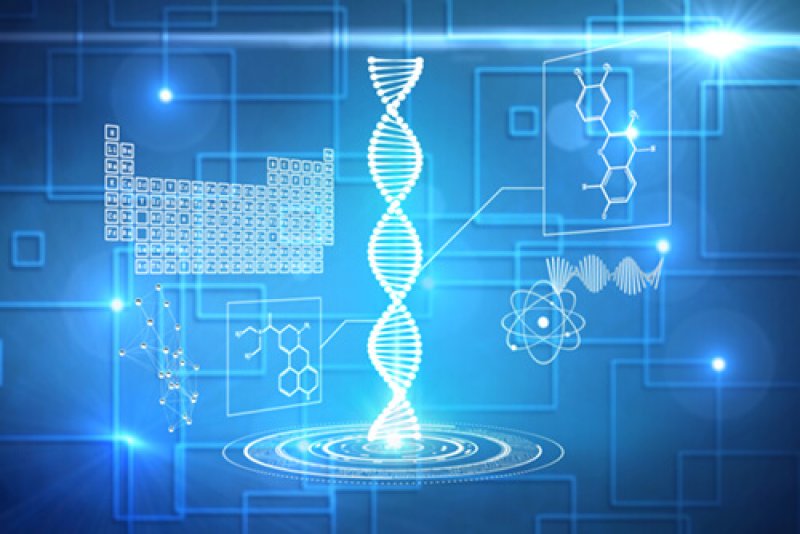Today’s DNA makers still create their products using chemistry. To form a new double helix, the individual letters of DNA — nicknamed A, T, C and G — are linked together using a process called phosphoramidite synthesis. Though the process has been refined over the years, it still requires harsh solvents that limit the quality of the final product. These solvents also become noxious waste.
A quick glance at biology proves that there is clearly a better way. Your own cells make DNA around the clock, and they do so without harsh chemicals. The DNA copies they produce are millions of times longer and considerably more accurate than what any business can currently obtain through chemical synthesis. This power to create massive amounts of high-quality DNA enables the complexity of life, and if harnessed would transform global manufacturing by opening the floodgates to synthetic biology innovations in the pharmaceutical, textile, agriculture and advanced materials sectors.
For years, biotechnologists have yearned to make DNA the same way that biology does — with enzymes.
…
Businesses like San Diego-based Molecular Assemblies have been adapting polymerase enzymes to create custom DNA molecules.
…
DNA made by enzymes would be a boon to any company — big or small — who wishes to take part in the 21st-century effort to build a better, greener and more efficient economy with biology.































